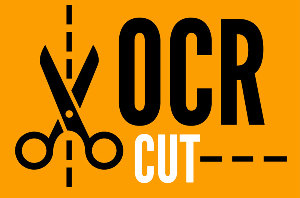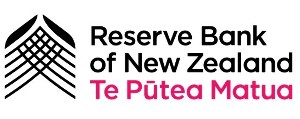
Borrowers are likely to experience more interest rate pain as a consequence of renewed economic growth, according to several bank economists.
That is because economic expansion, while modest, will not be modest enough to ease the Reserve Bank's inflation-fighting zeal.
This will become apparent when GDP figures for the June quarter are unveiled by Stats NZ on Thursday.
The economists are united in saying New Zealand will avert a recession by pulling last quarter's fall into positive territory.
The bravest of three bank economists, Westpac's Michael Gordon, is forecasting growth of 1.6%, up from an earlier forecast of 1.0%, and a big rise from last quarter's minus 0.2%.
He credits the opening of the border and the partial resumption of tourism for the rise. But he thinks that while 1.6% might not seem much, it will still be enough to make the Reserve Bank blanch.
“Our view would emphasise that the New Zealand economy remains far from recession,” Gordon wrote.
“Indeed the challenge is one of an economy that is running too hot.”
Gordon earlier forecast another 50 point rise in the Official Cash Rate (OCR) next month and supported that view in his latest forecast with a general comment about “bringing inflation to heel”.
Kiwibank economist Mary Jo Vergara has a significantly lower prediction than Gordon – 1.1% growth – but her figure still averts recession.
And she says nothing about it eases her forecast of further rises to the base interest rate, citing speeches by Reserve Bank officials including the Governor as putting continued emphasis on fighting inflation.
“Domestic demand is needed to ease back to restore balance in the economy, and bring inflation under control” Vergara writes.
“We expect the Reserve Bank to deliver its fifth and penultimate 50 basis point hike at its monetary policy review for October.”
ASB economist Nathaniel Keall has a marginally higher forecast than Vergara: 1.2%. But it is an untidy 1.2%, or “noisy”, to quote his own words.
“Our degree of confidence in correctly picking period-to-period economic swings is low,” he said.
Keall cites a rise in transport activity combined with a fall in manufacturing for some of the uncertainty, and notes the manufacturing figures might have been distorted by the closure of the Marsden Point oil refinery.
But he says there are other positives such as inbound tourism and good terms of trade, and household budgets that are “sub par rather than terrible.”
All this, he says, will make the Reserve Bank retain its focus on fighting inflation.
ASB had earlier forecast two more 50 point rises for the OCR this year. In the latest comment, Keall did not give numbers but said inflation was “threatening to remain much too hot ….... keeping policy restrictive to address those challenges is still priority number one for the RBNZ.”





Comments
No comments yet.
Sign In to add your comment